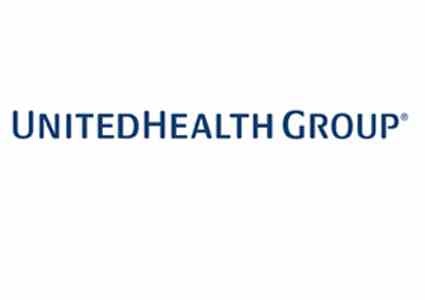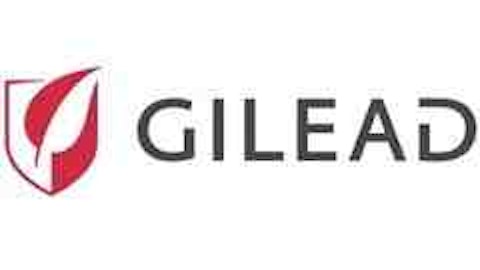I’m a big fan of healthcare stocks. Everyone spends money on healthcare at some point in his or her life. Sometimes circumstances are unfortunate, but there is good money to be made in the healthcare business. This industry features healthcare insurers, drug manufacturers, retirement home operators, medical equipment manufacturers and more. You can choose from low-beta insurers like UnitedHealth Group Inc. (NYSE:UNH), or you can get into some higher beta biotech stocks like Onyx Pharmaceuticals, Inc. (NASDAQ:ONXX). There’s a stock in this industry that will satiate every investor’s risk appetite.
In this article we’re going to check out what hedge fund managers are doing with these stocks among others in the healthcare sector to help get an idea of how we might increase our chances to find alpha moving forward in 2013 (here’s another way to do so by using our market-beating strategy).
Let’s start with UnitedHealth, my favorite health benefits provider. I personally am a big fan of holding low-beta insurers like UnitedHealth in my long-term portfolio. Revenue is up 8.6% in 2012, slightly above the 8% average revenue growth rate for the past 5 years. Net income is up 7.6% in 2012 and has a 5-year average growth rate of 16.7%. The company’s stock has a beta of .50, a 1.5% dividend yield, and generates an 18% return on equity (industry average is 16.3%). Eagle Capital Management, managed by Boykin Curry, holds over 9 million shares of UnitedHealth in its 13F portfolio (check out the fund’s top stock picks). The fund has a track record of crushing the S&P and Russell 1000 returns in the long run by a significant margin.
WellPoint, Inc. (NYSE:WLP), meanwhile, is another health benefits provider. Revenue for WellPoint has remained pretty much flat since 2008, while net income has grown at a rate of about 1.6% per year. The company’s stock price is down about 4% since the start of 2012, and has lost close to 25% since the start of 2008. WellPoint offers a 1.8% dividend yield, which is slightly above UnitedHealth’s payout.
William B. Gray’s Orbis Investment holds the largest known quantity of WellPoint shares of the 400+ hedge funds we track (see the full list of hedgies invested in WLP), and the stock is the fund’s third largest holding. Jean-Marie Eveillard’s 200-year old fund, First Eagle Investment Management, holds about $355 million worth of WellPoint in their $27 billion portfolio, making it their 28th largest holding.
Let’s cover Onyx Pharmaceuticals, a biotech company, next. Palo Alto Investors has a $1 billion portfolio, and Onyx is their number one holding, comprising 17% according to their most recent 13F filing. Palo Alto’s investment team consists of mostly experienced medical doctors who have transitioned into the investment field. This is a large bet from a highly specialized team, so we should definitely take a closer look at why this fund holds the conviction it does.
Onyx’s stock is up about 80% since the beginning of 2012 and up over 120% since the beginning of 2008. This biotech develops and markets Nexavar, an inhibitor of liver cancer and advanced kidney cancer. They are also conducting clinical trials on a number of other drugs, most of which are used in the treatment of cancers and autoimmune disorders. Biotech stocks are typically more volatile than other healthcare stocks because a lot of their revenue depends on drugs they invest in passing clinical trials so they can go to market. Any threat to a biotech’s main drug(s) can potentially eliminate their bottom line completely, so it’s crucial to perform due diligence before investing in this type of healthcare stock.
Pfizer Inc. (NYSE:PFE) is a company that must be in the discussion; some of Pfizer’s blockbuster drugs include Lipitor, Viagra, and Celebrex. Shares are currently priced 24% higher than the start of 2012, and are near their pre-recessionary trading range. Revenue is down 13% from 2011-2012 and EBITDA shrank almost 16%, but both figures have still grown positively at a compounded rate of 5% and 2.7%, respectively. Like UnitedHealth, this is another investment with a low beta.
Most importantly, Pfizer also offers a 3.5% dividend yield, well above both United Health and WellPoint. This stock is the No. 1 holding in both the Kahn Brothers and Orbimed Advisors’ funds. Irving Kahn, who practices the same value-based approach as Benjamin Graham and Warren Buffett, manages Kahn Brothers. At a forward P/E below 12.0x and a discounted book valuation of about 16% to its industry’s average, it’s easy to see why Kahn is bullish.
What about Merck & Co., Inc. (NYSE:MRK)?




